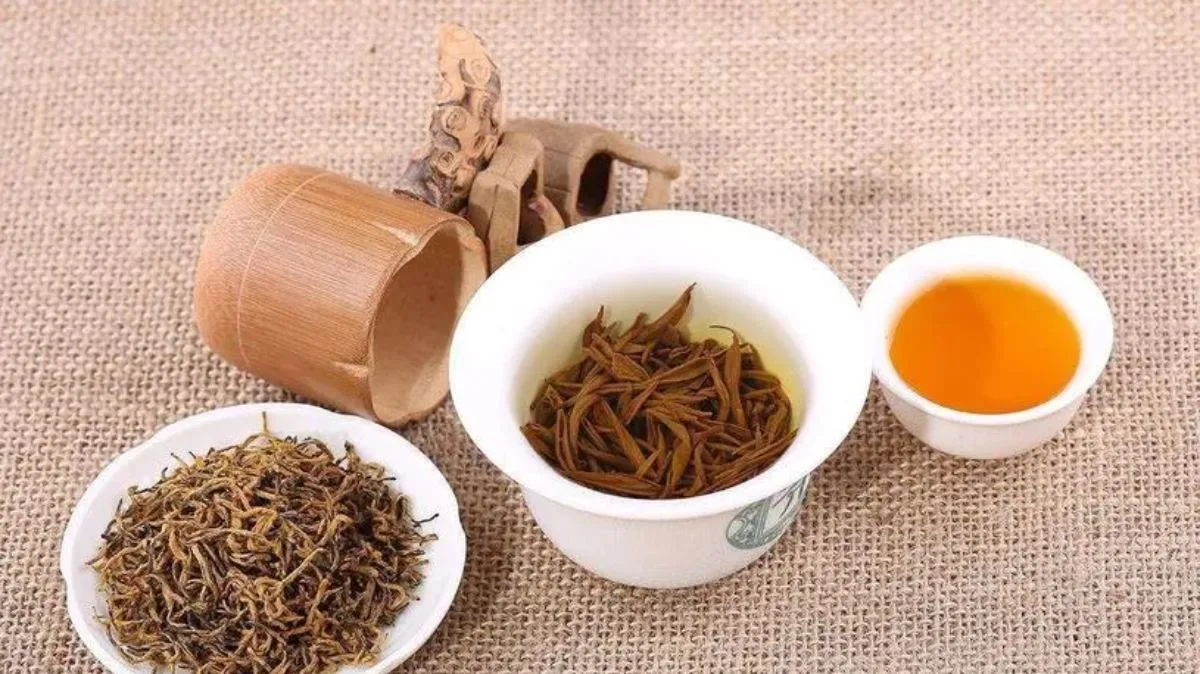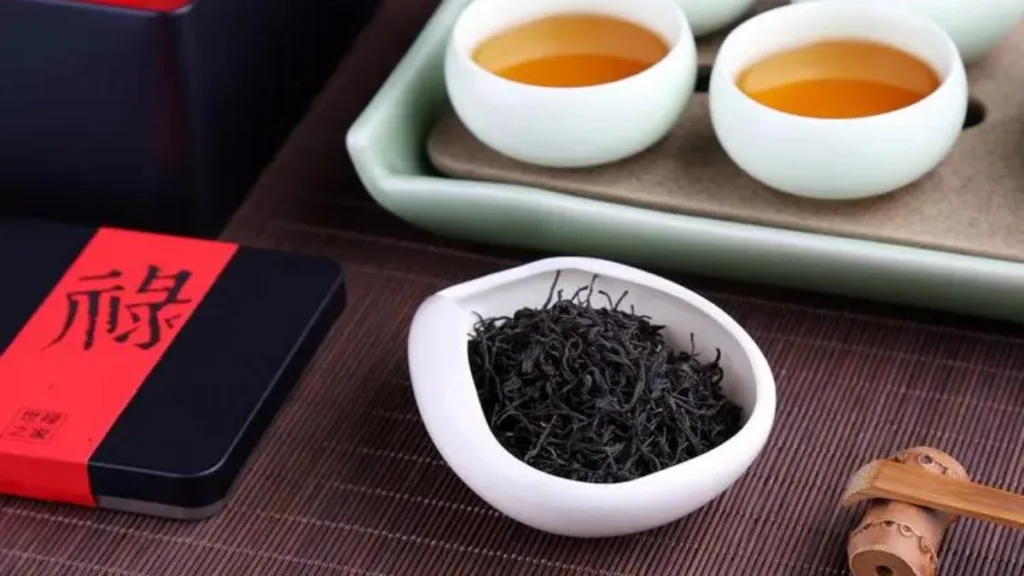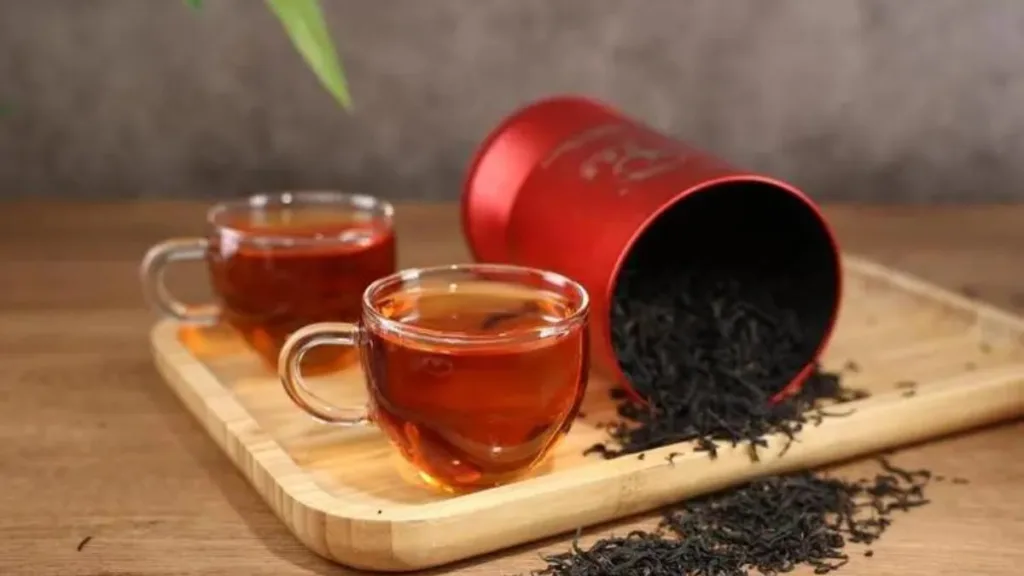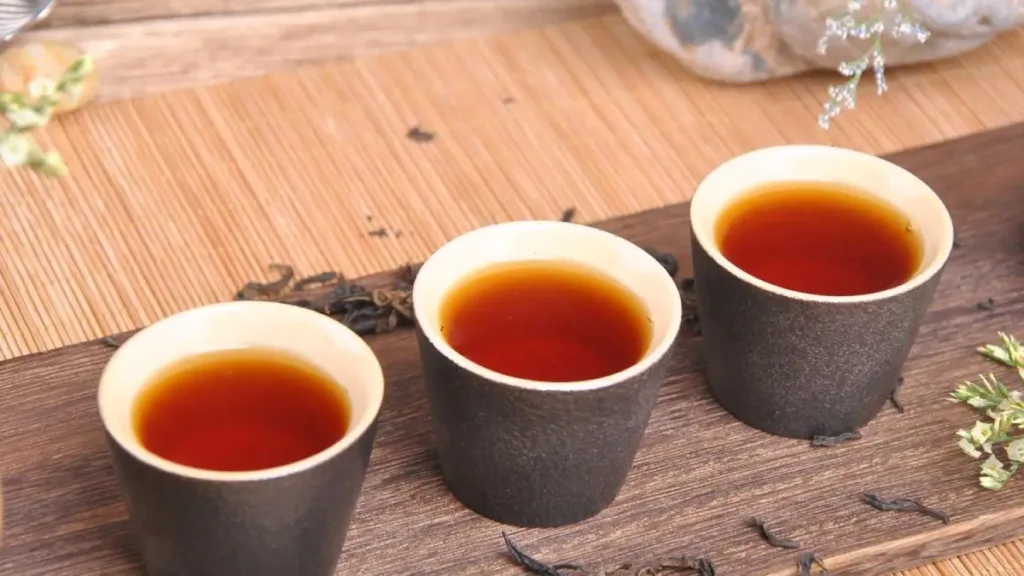Gray hair is a common concern for many individuals, and there are various beliefs and practices associated with preventing or reversing its occurrence. One such belief is that washing hair with black tea can be beneficial. In this discussion, we will explore the potential effects of black tea on gray hair, considering its components and nutritional aspects.
Black tea is known to contain a significant amount of tannins, compounds that may help inhibit the production of melanin, the pigment responsible for hair color. By limiting melanin production, black tea is believed to prevent hair from turning gray. Additionally, black tea contains various vitamins and trace elements that can nourish the hair and potentially slow down the natural aging process of hair.
The presence of substances like caffeic acid, catechins, and tannins in black tea may contribute to regulating the pH of the scalp. This, in turn, can stimulate the metabolism of hair follicles, potentially preventing premature graying. While washing hair with black tea is thought to be helpful for gray hair, it is essential to exercise caution and avoid excessive washing, as this could lead to scalp damage.
However, it’s crucial to note that black tea is not a cure for gray hair. While it is a popular beverage with potential health benefits when consumed moderately, it does not possess specific therapeutic properties for treating diseases. The factors contributing to gray hair are multifaceted, including genetics, aging, nutritional deficiencies, stress, and underlying health conditions. Addressing the specific causes of graying hair requires individualized interventions, and there is no universally effective treatment.
As a regular beverage, black tea does contain nutrients that are beneficial for the body, such as vitamins A and carotenoids, as well as minerals like calcium, phosphorus, magnesium, and potassium. Amino acids like leucine, glutamic acid, isoleucine, along with a relatively high concentration of theophylline, contribute to the antioxidant, anti-aging, bone-strengthening, diuretic, and alertness-promoting effects associated with black tea consumption. Nevertheless, black tea should be regarded as a dietary supplement rather than a medicinal remedy, and it cannot alter genetic predispositions or treat conditions like premature graying.
The formation of gray hair can be influenced by factors such as genetics, aging, inadequate nutrition, chronic sleep deprivation, excessive mental stress, and more. It is crucial to identify the underlying causes of premature graying and tailor interventions accordingly. While washing hair with black tea may have some benefits, it is not a standalone solution for turning gray hair black.
If someone experiences premature graying and seeks to address it, consulting a healthcare professional is advisable. Genetic factors may limit the effectiveness of interventions, but lifestyle adjustments, proper nutrition, and stress management can contribute to overall well-being. In cases where graying is a result of nutritional deficiencies, incorporating foods rich in high-quality protein, such as eggs, milk, and lean meats, can support the body’s nutritional needs.
In conclusion, the idea of using black tea to combat gray hair is rooted in traditional beliefs, and while it may have some positive effects, it is not a guaranteed solution. Individual factors, including genetics and overall health, play a significant role in hair color, and adopting a holistic approach to well-being is essential for maintaining healthy hair.




